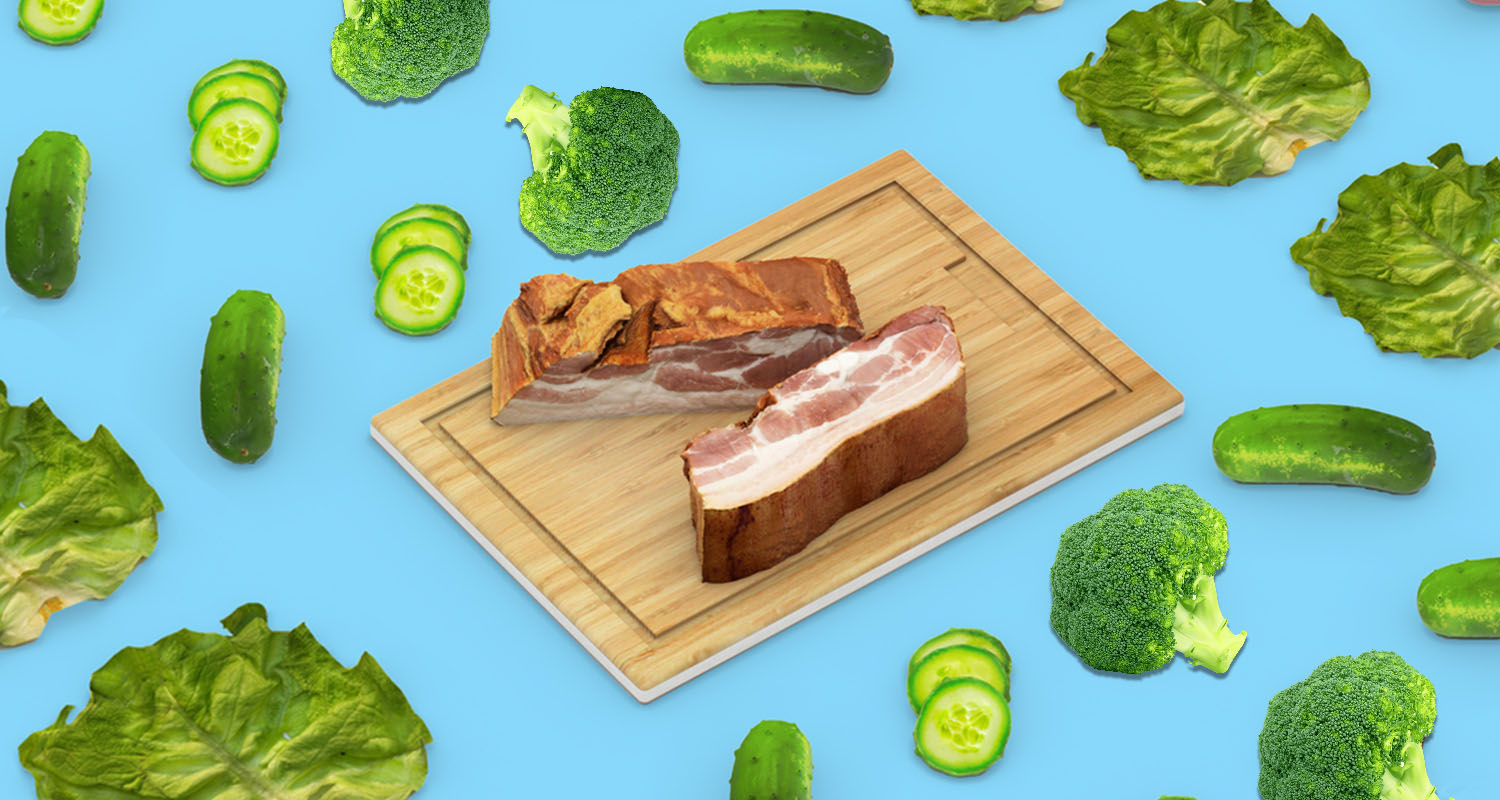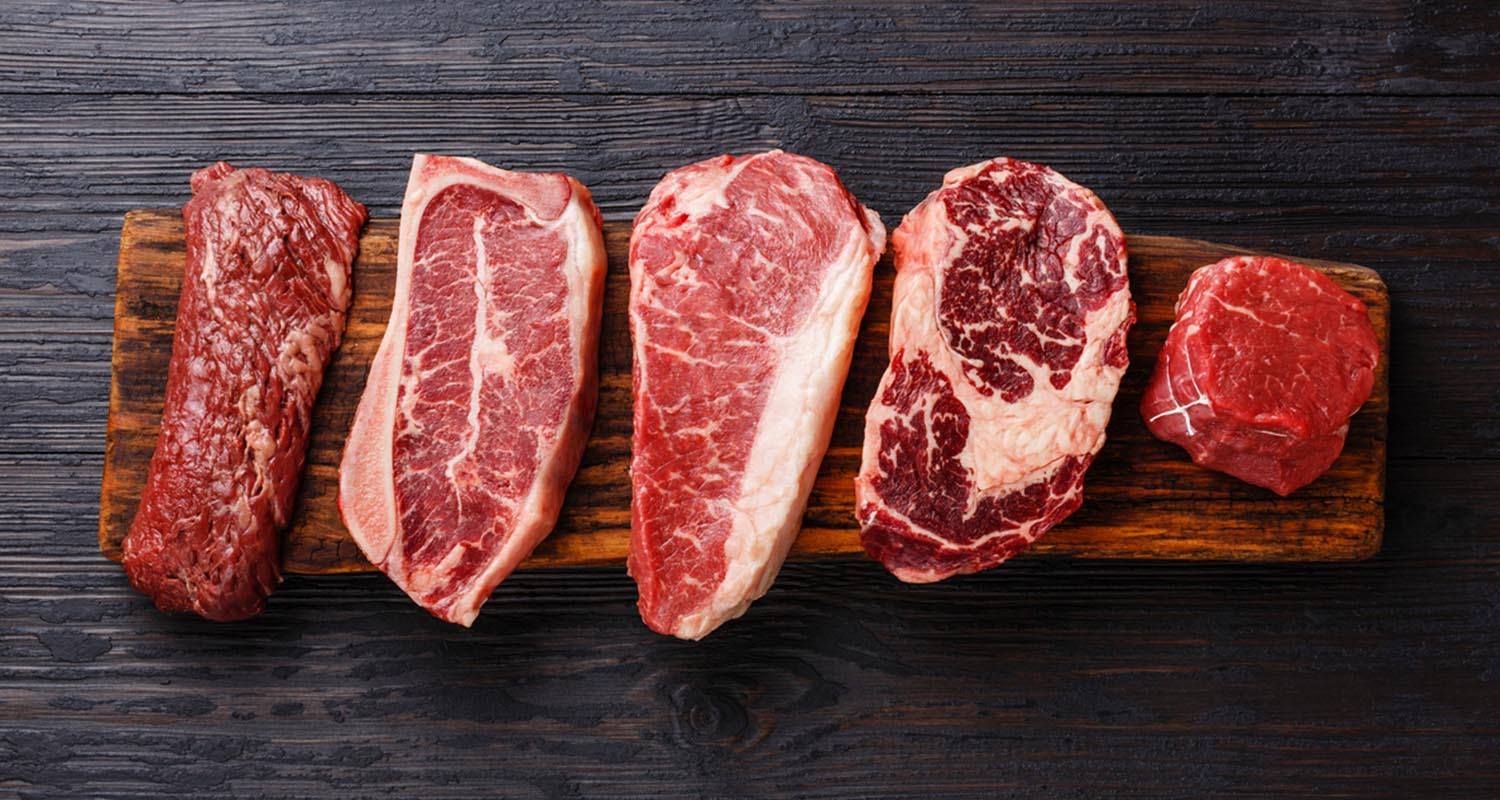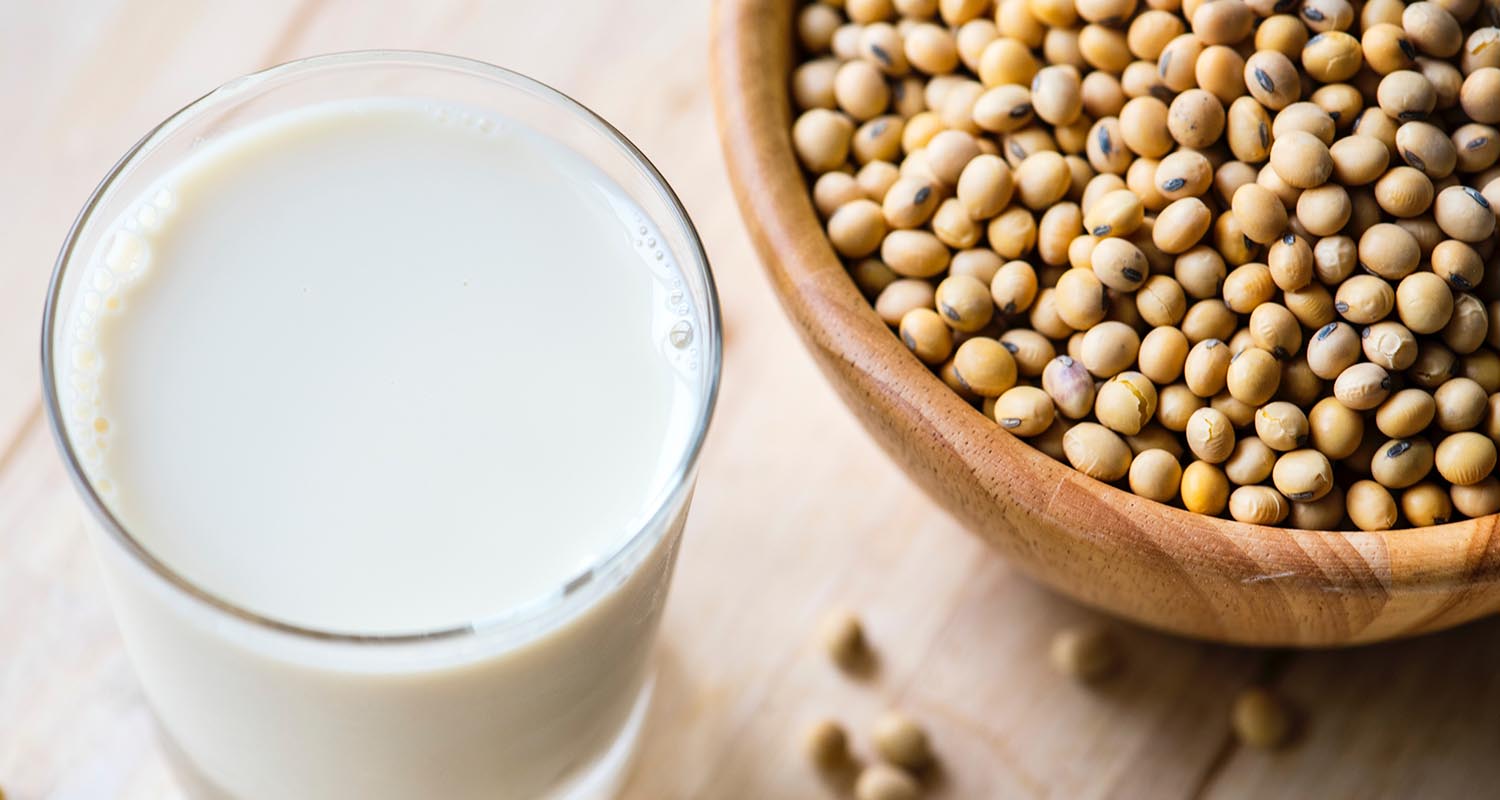
- The China Study is probably the best-known book that promotes low-fat veganism. Its author concludes that animal protein causes cancer — but there are a lot of problems with his statistics and science.
- Meat quality is essential. Things like dry aging, refrigeration, microbial spoilage, and cooking method all affect meat’s carcinogenic potential, and in 1980s China, meat production had all of these issues.
- Most staple plant proteins are a source of antinutrients and gut-damaging compounds.
- Eating low-to-moderate protein from grass-fed or wild-caught animals is the best way to upgrade your performance and increase longevity.
It’s been more than a decade since T. Colin Campbell released “The China Study,” perhaps the best-known book on low-fat veganism ever written. “The China Study” is a huge feat of research that Campbell conducted over several years across many provinces in China. At the end of it, Campbell’s conclusion was that animal protein causes cancer, and that a vegan diet is your best option for longevity.
A closer look, however, reveals that Campbell’s research had a few fatal flaws, including misleading data, statistical inconsistencies, and questionable leaps in logic, all of which make veganism look better than it is. For a thorough breakdown of “The China Study’s” statistical and methodological issues, I recommend the work of Denise Minger and Chris Masterjohn.
These days you rarely hear about “The China Study” outside the vegan community, and when you do, people usually aren’t saying good things about it. Still, “The China Study” is one of the most cited reasons people go vegan, and the No. 1 thing vegans ask me is if I’ve read the book.
I have, and I have some thoughts about it.
Prefer to listen to an audio version of this article? Click the play button below
Before I get into it, though, it’s worth saying that vegans get a lot of things right, and there are surprising similarities between veganism and The Bulletproof Diet:
- Both are plant-based; a key part of Bulletproof is eating a huge amount of vegetables.
- It’s also awesome that vegans — like Bulletproof — focus so much on food quality. Where your food comes from matters a lot.
- And they’re right that too much protein causes problems. That’s why I suggest Bulletproof Protein Fasting for mental clarity and decreased inflammation, and only 4 ounces of meat at each meal.
However, as a former vegan, I have some issues with veganism, and a lot of issues with “The China Study.”
Here’s the Bulletproof take on “The China Study’s” flaws, and why veganism is not the best way to eat for high performance or longevity.
What is “The China Study” about?

- When rats eat casein, a highly-processed protein from milk, and are exposed to mycotoxins, they’re very likely to get liver cancer.
- If the rats don’t eat casein and are still exposed to mycotoxins, they don’t get as much cancer.
Campbell talks about how he noticed the connection between casein and cancer, and it drove him to collect data from areas all across rural China. At the end of it all, he concluded:
“People who ate the most animal-based foods got the most chronic disease … People who ate the most plant-based foods were the healthiest and tended to avoid chronic disease.”
First of all, Campbell’s data doesn’t actually support that conclusion. Campbell made some major statistical errors, and his analysis has been thoroughly debunked.[ref url=”https://deniseminger.com/2010/07/07/the-china-study-fact-or-fallac/”] But even if Campbell’s data were legitimate, there are some major flaws with his research.
Meat production and quality matter

- Spoilage: Refrigeration was not widely available in rural China during the 1980s. That means meat was either dry-aged, stored improperly, or both. Aging meat, especially at warm temperatures, creates biogenic amines like histamine, putrescine, cadaverine, and nitrosamines, which are powerful carcinogens (cancer-causing compounds).[ref url=”http://nfscfaculty.tamu.edu/talcott/courses/FSTC605/Class%20Presentations-2014/Biogenic%20Amines.pdf”]
- Mold contamination: Unrefrigerated aged meat also attracts mold and fungi, and those molds and fungi create mycotoxins. Mycotoxins are extraordinarily carcinogenic,[ref url=”https://www.ncbi.nlm.nih.gov/pubmed/4062804″] and they’re a particular problem in Asia.[ref url=”https://academic.oup.com/carcin/article/31/1/71/2392129″] And if farmers were feeding their animals hay or grains, there’s a good chance the grains were moldy. Lack of regulation makes moldy feed an especially big problem in China, even in 2018.[ref url=”https://www.ncbi.nlm.nih.gov/pubmed/29518909″] There’s a good chance the animals in “The China Study” were accumulating mycotoxins from feed during their lives, and their meat was taking on even more cancerous mycotoxins as it aged.
- High-heat cooking: Fuel was expensive in China during the 1980s, and one of the most fuel-efficient ways to cook food was for short periods over very high heat (think stir-frying in a wok). There’s a reason stir-frying is way down toward the bottom of the list of Bulletproof cooking methods, with other high-heat methods. The super-high heat oxidizes fats, which makes them inflammatory, and creates advanced glycation end products (AGEs) in the meat, which — surprise — are carcinogenic.[ref url=”https://www.ncbi.nlm.nih.gov/pmc/articles/PMC3704564/”]
So you have poorly stored, unrefrigerated, aged, slightly spoiled and moldy meat, and you’re searing the hell out of it.
That’s a far cry from fresh, refrigerated, properly processed, organic grass-fed meat that’s cooked gently. It’s hard to even compare the two.
Calling all animal protein is the same is ridiculous, too. Meat protein, whey, collagen, and casein are all proteins. So are spider venom and ricin gas. Different proteins behave differently in your body, depending on their structures. Treating all animal proteins as equal is anti-scientific; there’s more nuance to nutrition than that.
Plant proteins can do more harm than good

Not to say that all plant-based proteins are bad for you. You can get clean, complete protein from plant sources, but it’s difficult to do. If you’re vegetarian or vegan, check out this guide to eating Bulletproof for vegetarians. There’s great information on how to choose your foods with care.
Low protein (and occasionally no protein) is the best for longevity

The Bulletproof Diet Roadmap suggests getting no more than 20% of your calories from protein, and preferably closer to 10%. You can also try Bulletproof Protein Fasting, which is when you skip protein entirely for a day in order to kickstart autophagy and fat-burning.
Industrial, grain-fed, factory-farmed meat is not good for you. Neither is excessive meat. But eating high-quality, organic, grass-fed meat in moderate amounts is a powerful way to improve your diet and strengthen your body and mind.
Read Next: The Science Behind the Top 10 Claims from “What the Health”
Have you tried a vegan diet before? Tell us how it worked for you below in the comments.









